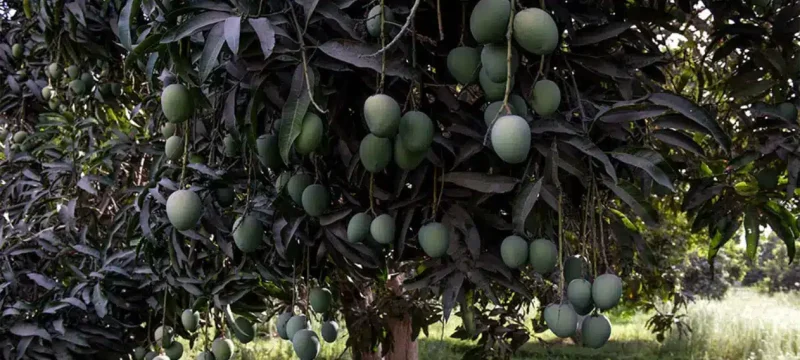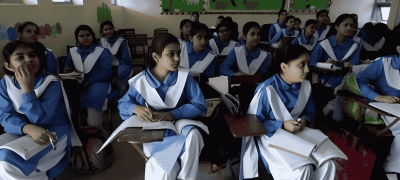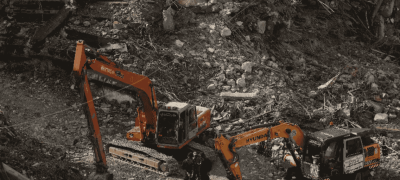During a discussion at the Institute of Policy Studies (IPS) in Islamabad, it was highlighted that Pakistan has the potential to become self-sufficient in edible oil within a decade by harnessing the immense potential of olive farming and the millions of wild olive trees across the country.
The discussion, moderated by Naufil Shahrukh, GM Operations at IPS, involved Khalid Rahman (Chairman, IPS), Dr. Faiyaz Alam (General Secretary, Dua Foundation), Shabbir Soomro (Author and Journalist), and Dr. Ghufran Saeed (Assistant Professor, Department of Food Science and Technology, University of Karachi).
The potential for indigenous olive oil production in Pakistan could save approximately $4.5 billion spent annually on importing edible oil and also lead to a thriving olive export market.
Despite having around 85 million wild olive trees in Pakistan, their full potential remains unexplored due to a lack of awareness and knowledge about the resource. The discussion emphasized the need for nationwide awareness to unlock the possibilities and benefits hidden within Pakistan’s olive trees.
Also Read: 10 foods that Protect Against Cancer, Heart Disease, and Obesity.
Efforts over the last few years, spanning regions like Sindh, Balochistan, Khyber Pakhtunkhwa, and Punjab, have seen the seeding of 5.6 million new olive trees across 50,000 acres of land. Two million of these plants are already yielding fruit and producing olive oil for local consumption and export.
Approximately 75 percent of Pakistan’s edible oil is imported, and it was highlighted that the $4.5 billion spent on this could be saved through olive cultivation, making Pakistan self-sufficient in edible oil.
The discussion also emphasized the need for better coordination between academia, industry, and government to exploit agricultural assets like olives efficiently. Comprehensive awareness initiatives were proposed, including incorporating success stories in olive cultivation into educational curricula and motivating people through community institutions.
Harnessing the potential of olive cultivation was portrayed not only as an agricultural endeavor but also as a health and national economic imperative, contributing to a holistic transformation of the national socio-economic fabric.









